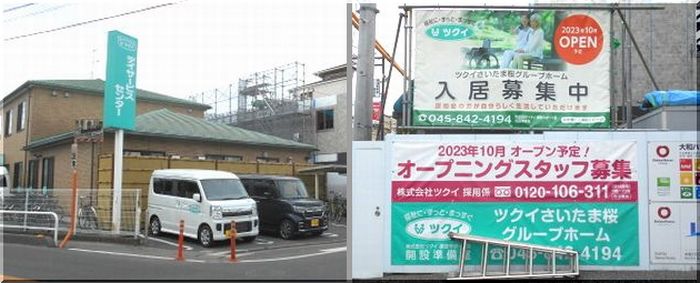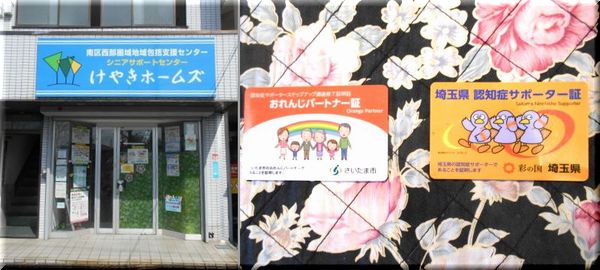
Recently I learned that the Saitama Psychiatric and Neurological Center provides mental health care. In Japan, there is a shortage of clinical psychologists (counselors), and there is prejudice against mental illnesses such as dementia, which makes it difficult for people to seek help openly. The above can lead to difficulties finding employment or receiving welfare benefits. Although those directly affected by these issues face tough challenges, their families and those around them struggle to provide adequate support. Whether this is a “disease” or something that can be “cured” is still not fully understood, and there is a lack of research and understanding of the situation. Currently, no law is legislated to provide care, and treatment (medication) is inadequate, leading to confusion and frustration for those seeking help.
However, these years, there have been signs of improvement in Japan. While I was aware that former US President Reagan had Alzheimer’s disease, it is now urgent to address the fact that one out of every seven people over the age of 65 in Japan has some form of dementia, which is similar to the one in three people affected by cancer.
SUCHITOO provides care for the elderly, many of whom have dementia. I have gradually progressed from experiencing occasional forgetfulness to mild cognitive impairment (MCI). While drugs can help slow down brain degeneration, there is no cure. However, giving up is not an option as it would compromise human dignity. Support is necessary to the fullest extent possible. Laws and measures are in place for people with physical and mental disabilities, but not yet for those with dementia. While there are some (schizophrenia-related) cases, the situation will improve from now. I have considered a treatment for this issue based on my knowledge gained from training sessions, previous experiences, and future involvement. The above is my personal opinion as SUCHITOO.
The overview of the training session is as below:
Knowledge about understanding dementia are – Four guidebooks, Lewy body dementia, symptom-specific support, and supporter training.
Additional course materials are – Forgetfulness, mild cognitive impairment, young-onset dementia, medication knowledge, and improving oral function.
Three work groups are – Information on Activities for People with Dementia and their Families, Lack of Support, -Care as an Orange Partner.
It was a two-day training session with over 50 participants, and more than 90% were women. The training was packed with appeals from senior support centers and was comprehensive.
The summary highlights the following points:
For the improvement of mild cognitive impairment, “improvement of lifestyle, training through hobbies, and medication therapy” were recommended.
Regarding medication therapy, it was mentioned in the last section that “medication for dementia cannot restore the patient to their state before developing the condition or cure them. However, it expectes to delay the progression of dementia and allow the patient to live their life as much as possible. In addition to medication therapy, non-pharmacological therapies that activate the brain, such as light exercise like taking a walk, reading aloud, doing calculations, and playing musical instruments, can enhance the remaining cognitive function and the ability to perform daily activities, allowing the patient to live a more fulfilling life.
The importance of creating a stimulating and fulfilling life by finding joy, purpose, and motivation, were emphasized. Conversely, forcing oneself to do things they dislike or do not want to do can cause stress and loss of confidence,” according to Eiko Nobuko, a certified dementia care nurse.
I reported on the first installment in this BLOG on March 31. After reviewing the materials again following the workshop, I realized that it also applied to me. On my Buddhist altar, I have written and posted “Meals, exercise, stress.” Specifically, I have decided to reflect on what I have done so far and continue doing good things such as eating small, balanced meals, walking or “any3tai chi” exercises for half a week, practicing playing the ocarina and listening to music, and reciting Buddhist sutras. Of course, I am also mindful of getting enough sleep and taking a bath. I wonder if it is good or bad that my “anger has decreased” recently, and I am also considering whether it is a good thing for human hearts to become more rounded.
Dr. Hideki Wada, a psychiatrist, emphasizes in his book that “depression” is more frightening than dementia, and we should be careful.
